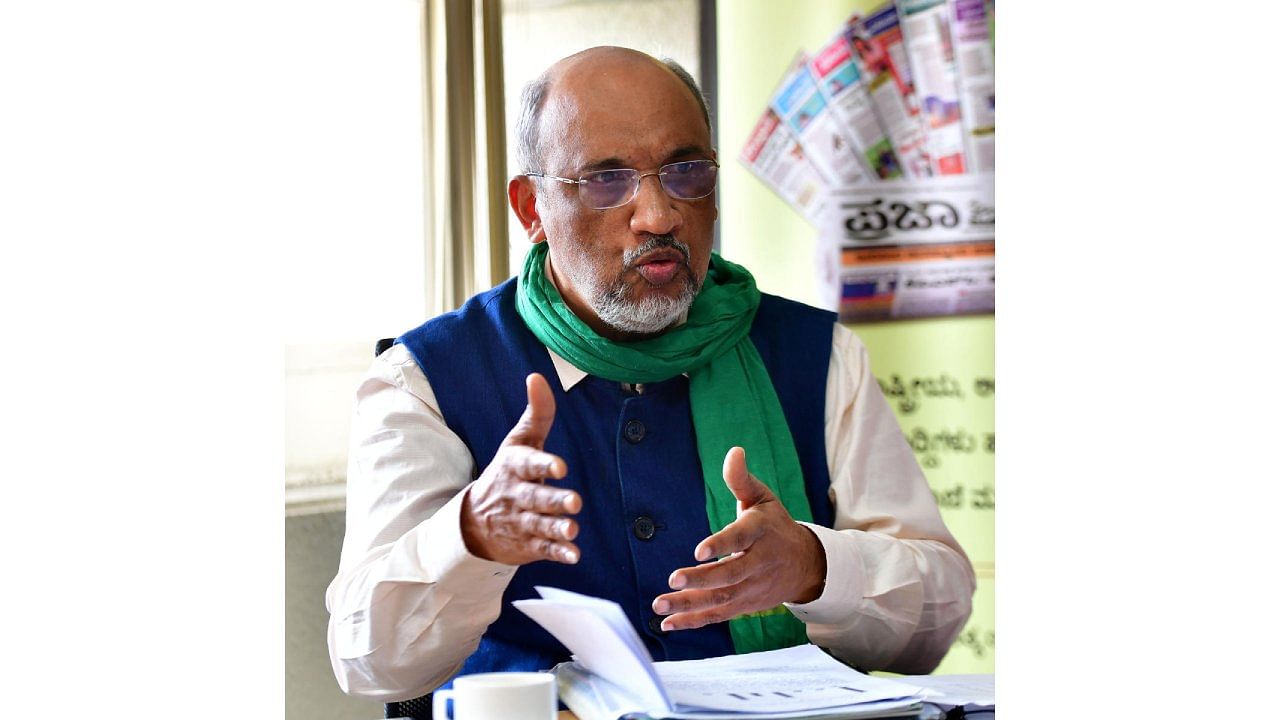

Agriculture - and irrigation, which is close to the chief minister's heart - has got around 21% allocation in the second budget presented by Chief Minister Basavaraj Bommai. Though this allocation appears reasonable, a comprehensive approach towards climate-smart agriculture is clearly lacking. To put it in perspective, Karnataka has got the second-highest dry area, next only to Rajasthan and is facing frequent floods and droughts.
The announcement of the support price of Rs 10,000 per hectare for millet growers coupled with the promotion of processing and value addition through farmer producer organisations is a good step. The continuation of input subsidy towards the use of fertilisers, seeds, pesticides and diesel is a welcome decision. This subsidy, along with the impetus on post-harvest machanisation, might help farmers reduce expenditure on inputs and labour.
But all these measures are barely adequate to address the state's crisis-ridden farm sector, which is manifested in the high number of farmers' suicides.
Decision to provide crop loan with zero interest up to Rs 5 lakh is a right step, but this needs to be extended to storage in the form of pledge loan as well. Increasing the price stabilisation fund to Rs 3,500 crore to undertake market intervention in the time of price crash after the harvest will help small farmers.
However, what is missing is an enhanced procurement mechanism incorporating more crops, especially horticulture crops, and ensuring a minimum support price through legal recourse.
Despite some pro-farmer decisions, the budget fails to address the concerns of farmers who are affected by unwanted and untimely amendments to the Land Reforms Act and the Agricultural Produce Market Committee Act.
(The author is an agro-economist and former chairman, Karnataka Agricultural Prices Commission)